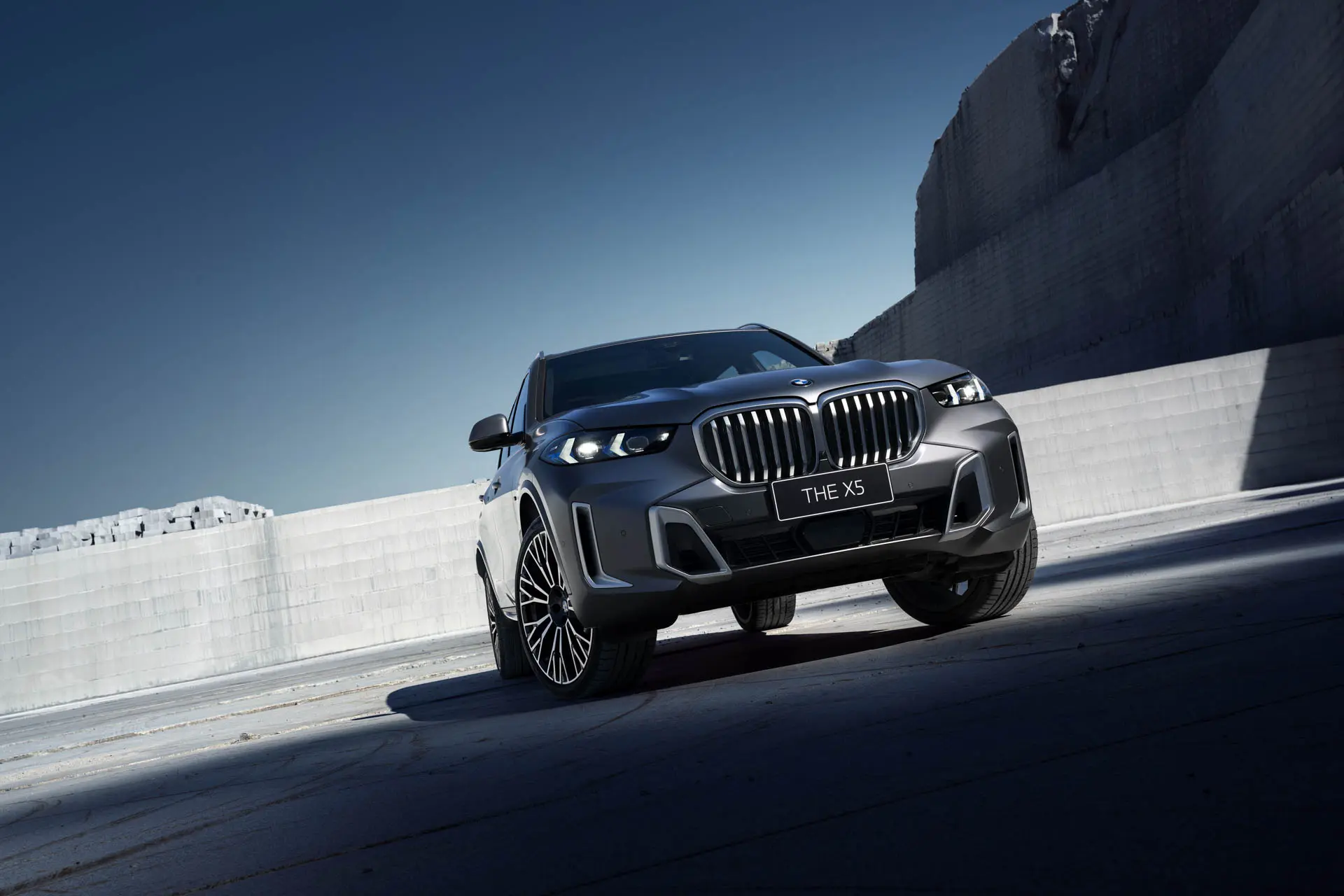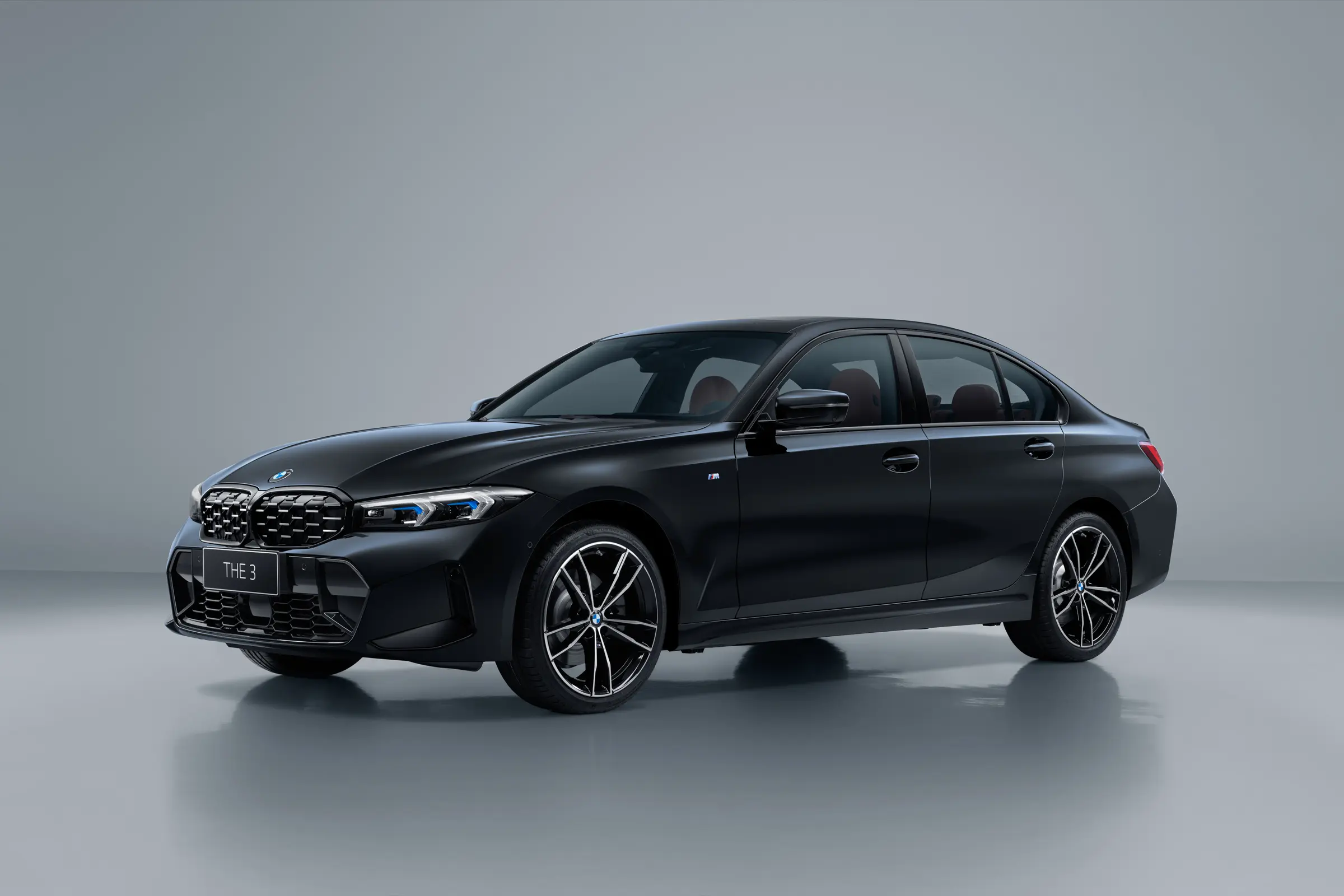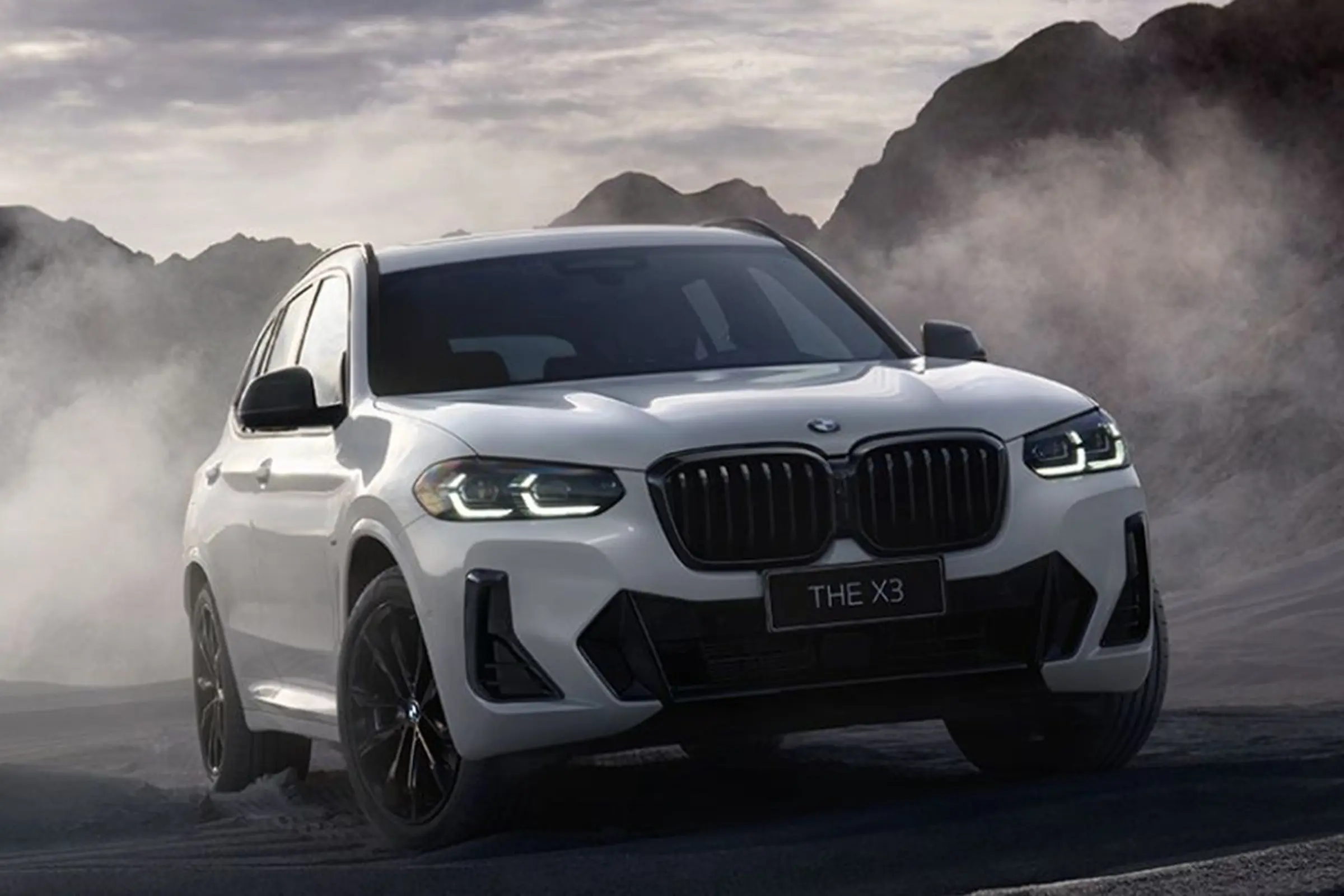On July 12th, it was reported that BMW China decided to stop its nearly one-year “price reduction guarantee share” policy. According to reports, due to the price war causing severe losses in stores, BMW will stabilize prices and alleviate operational pressure on stores by reducing sales volume starting from July. Regarding this, BMW China stated that in the second half of the year, it will focus on business quality in the Chinese market and support dealers to work steadily.

In the first half of this year, traditional luxury brands actively participated in the “price war” in China, and the BMW i3 bare car price, which was halved from the official guide price of 353900 yuan, even made headlines in the news. At the same time, the starting price of the BMW 5 Series gasoline car, previously known as the “ceiling for working people,” was once reduced to around 310000 yuan, equivalent to a 30% discount. The reason lies in BMW’s strategy of “reducing prices to maintain market share” since last year.

Data shows that BMW’s annual discount rate for 2023 is 17.66%, higher than the industry average of 15.7%. On July 11th, BMW Group officially announced its sales data for the first half of 2024: a total of 1213359 new cars (including BMW, MINI, Rolls Royce) were delivered worldwide, a year-on-year decrease of 0.1%. Among them, BMW delivered a total of 1096486 new cars globally, a year-on-year increase of 2.3%. Meanwhile, BMW sold a total of 376000 vehicles in China in the first half of the year, a year-on-year decrease of 4%.

Both the declining new car delivery volume and the slowing growth rate have exposed the difficulty of trading prices for the market. In BMW’s view, a price reduction strategy will undoubtedly result in significant loss of brand value, so some people have predicted that it is only a matter of time before luxury brands exit the price war.
 hongjiauto
hongjiauto